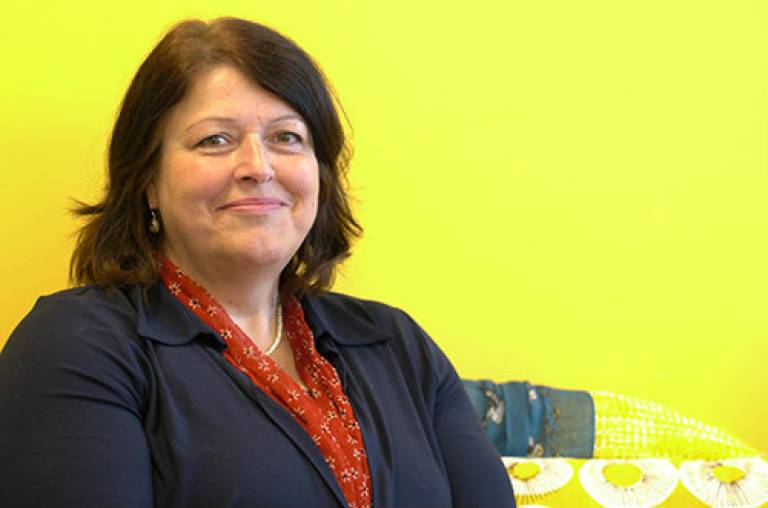Rewarding educators in research-intensive universities
15 January 2016

Dr Dilly Fung (Director, UCL Centre for Advancing Learning and Teaching) and Dr Claire Gordon (LSE) have published the results of their study “Rewarding educators and education leaders in research-intensive universities”.
The study set out to investigate the challenge of ensuring that educators and education-focused leaders in research-intensive institutions are appropriately rewarded for their work.
Focusing on the 24 Russell Group institutions in the UK, Dr Fung and Dr Gordon interviewed ten Russell Group Pro-Vice-Chancellors (or equivalent), held interviews and focus groups with Heads of Department and Heads of Education Development, and analysed the varying promotion and reward practices in each institution. The findings are likely to be applicable to the research-intensive higher education sector in Europe and globally, and the authors have already presented these across the UK and in Europe.
The study centred on two questions:
1. How are educators and education leaders currently employed, rewarded and regarded in research-intensive institutions?
2. How and why are these practices changing, and how might they change further to meet the needs of such institutions in the modern era?
Among the recommendations, the authors suggest that research-intensive institutions review their promotions criteria to ensure that they illustrate accurately the current balance of academic priorities, in line with the institutional mission. They also recommend that educators should be able to progress to professorial roles on the basis of their impact on student education and leadership both within and beyond their institution. The report includes a set of self-evaluative questions that universities across the sector can use to explore their evolving practice in these areas.
The authors also raise important underpinning issues: the place of education in the academic mission, how we might characterise academic education leadership, and how re-thinking the synergies between research and education can help us address questions of esteem and reward.
They write: “Developing distinctive models of research-based education, which provide opportunities for students at all levels of the curriculum to participate in cutting edge research and enquiry alongside researchers, has the potential to provide rich, demanding, interdisciplinary and applied learning experiences, preparing students for life and employment in a changing national and global landscape.”
As Director of UCL Centre for Advancing Learning and Teaching, Dr Dilly Fung leads the team championing the UCL Connected Curriculum initiative which aims to “break down some of the old boundaries between research and education, between ‘academic’ and ‘professional’, between staff and students” and also “to develop new connections between the people, activities and values which make up UCL’s vibrant community”.
 Close
Close

